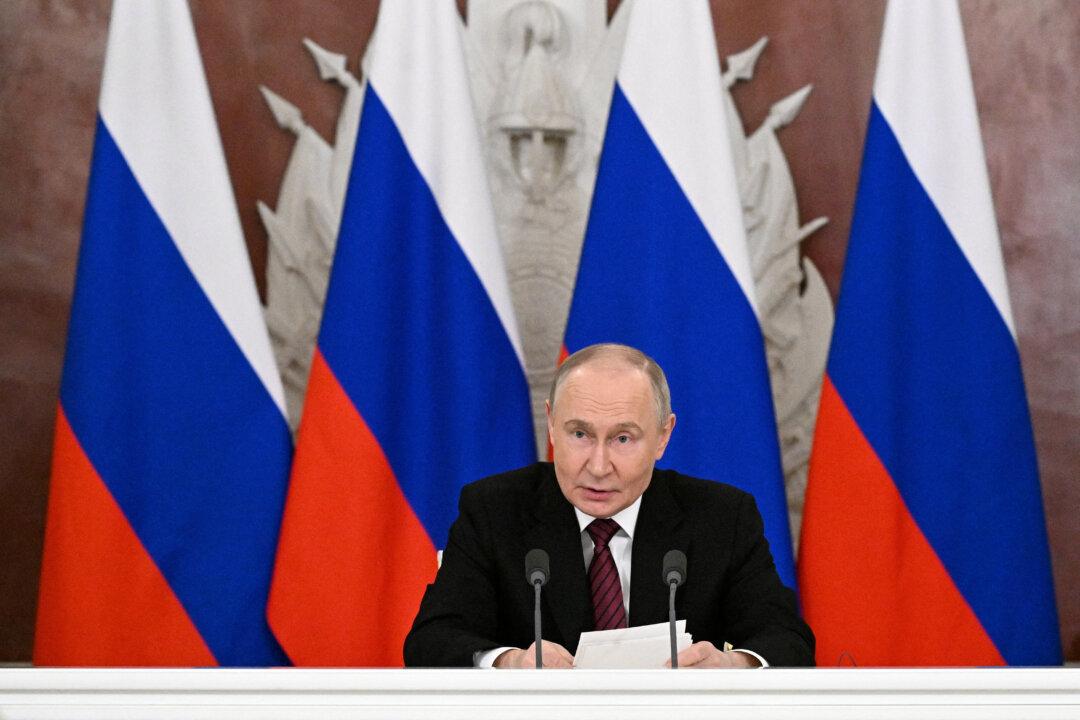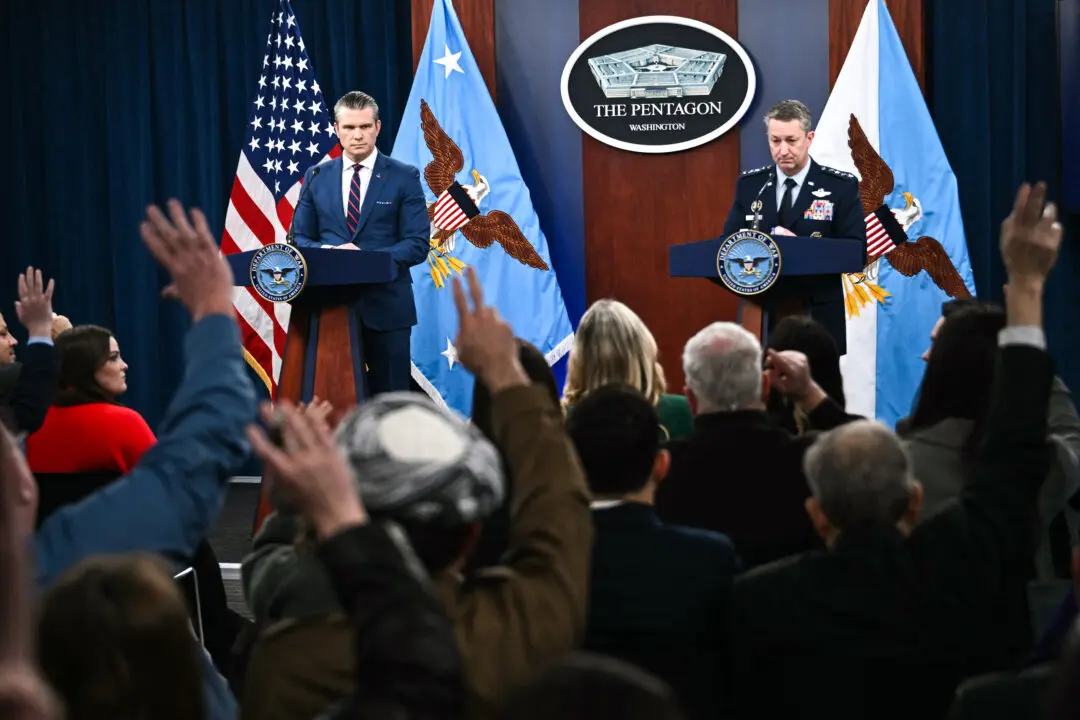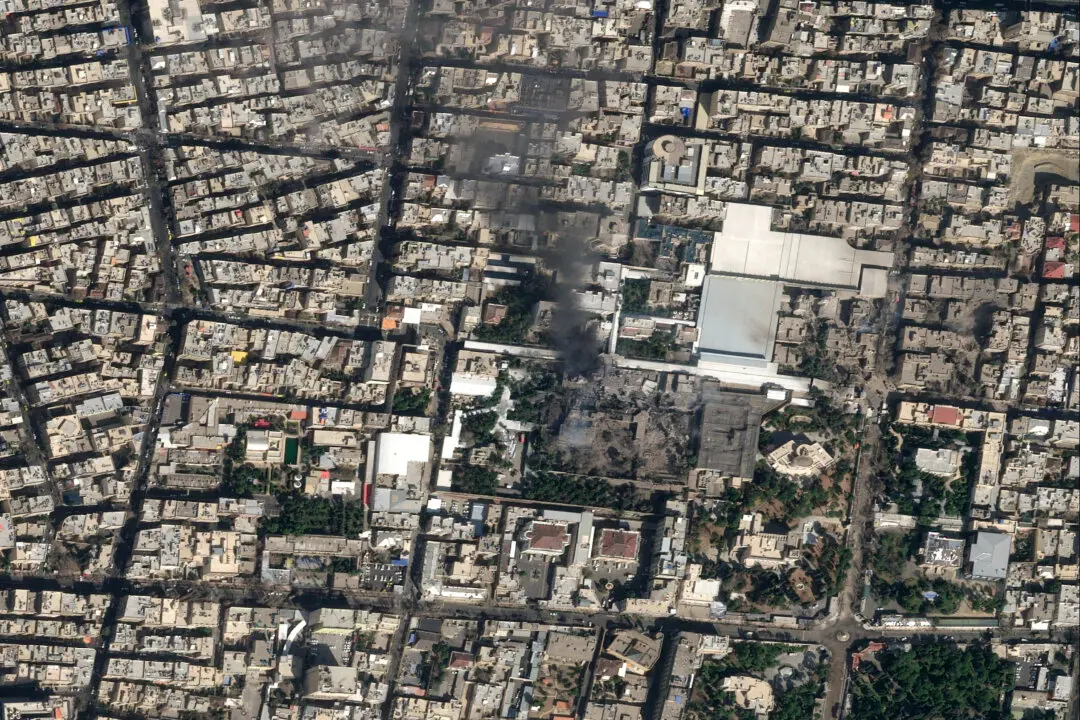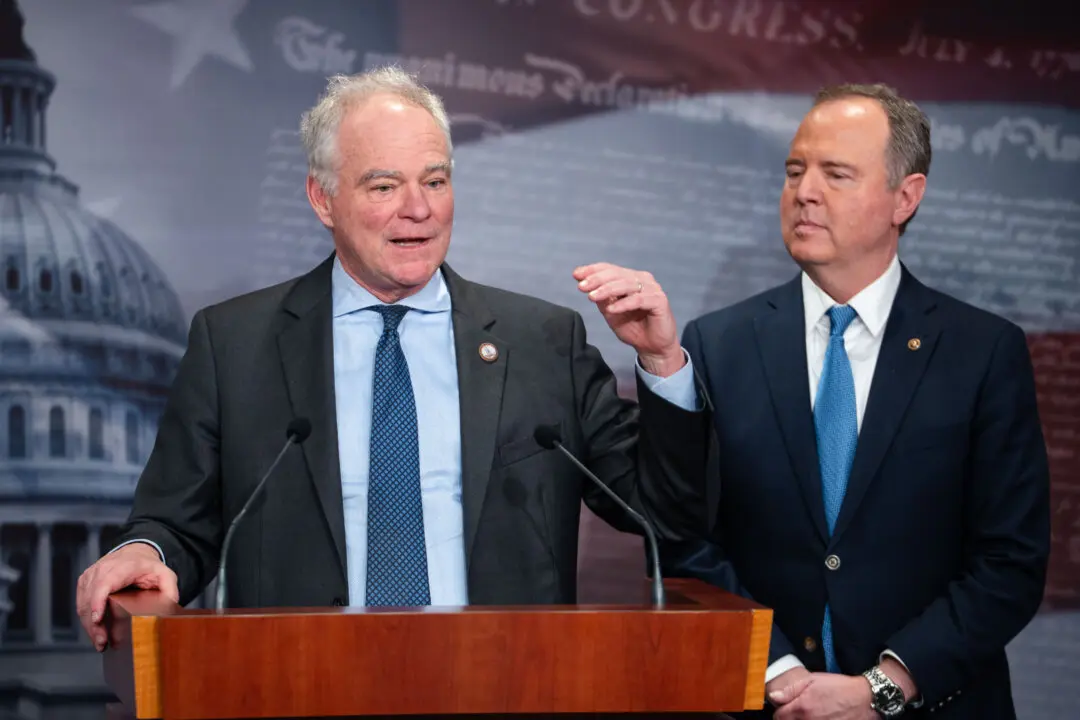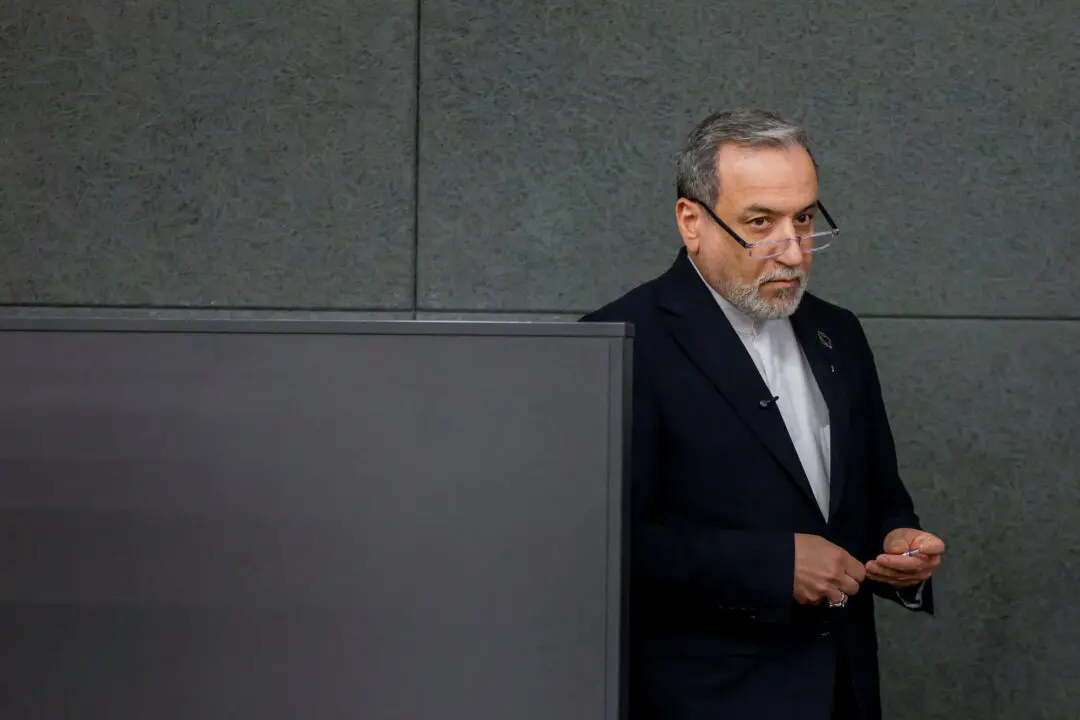Russian President Vladimir Putin has called for direct talks between Russian and Ukrainian negotiators to take place in Istanbul, Turkey, on May 15.
Speaking at a press conference on May 11, the Russian president called on the Ukrainian government in Kyiv to take up its offer to start direct negotiations to end the ongoing Russia–Ukraine war after more than three years of fighting.
